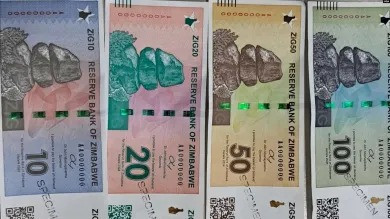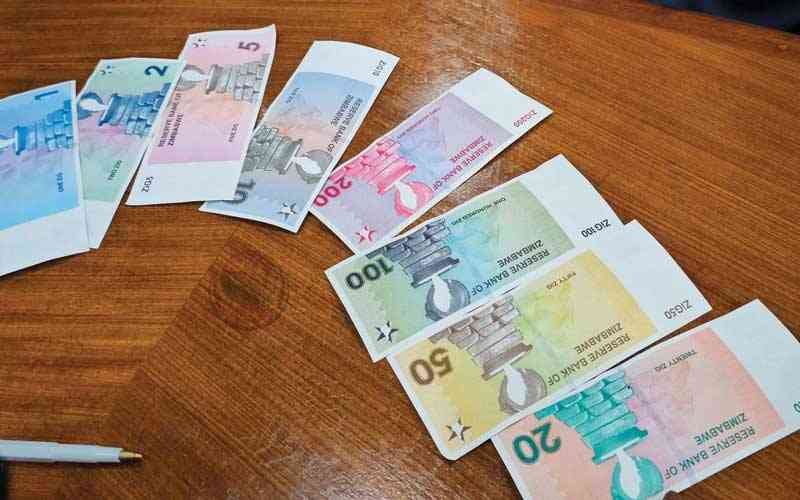
La Rochelle is a splendidly unique place with a story book tower and a magical garden filled with rare flora from throughout the world.
Its story began in 1951, as the private estate of a wealthy Englishman of world-wide textile fame, Sir Stephen Courtauld and his wife, Lady Virginia.
Stephen was a quiet, studious man, a generous philanthropist who put together a world-famous collection of Turner paintings, jewels, coins, antiques and rare plants.
Virginia was Italian, gregarious and glamorous; whispers gave her a strangely exotic past. A tattooed ankle, unheard of in immediate post-war Colonial society, caused many raised eyebrows. They had no children, but together with a pet lemur (buried at La Rochelle) spent most of their time travelling the world in their steamship Virginia or yacht Eunamara.
Both loved the sun — and Africa — and spent a long time looking for a lasting home, promising warm sunny days. From the Cape to Cairo they searched the continent for a fitting site until, at the end of the 1940s, they flew over the lush, green Imbeza Valley, near Penhalonga, on the then Southern Rhodesia-Portuguese East Africa frontier and lost their hearts to it.
They landed in Umtali (now Mutare) instantly setting down roots, planning a house based on the home of Stephen’s Huguenot French ancestors, the lovely Chateau de La Rochelle on the Bay of Biscay.
- Chamisa under fire over US$120K donation
- Mavhunga puts DeMbare into Chibuku quarterfinals
- Pension funds bet on Cabora Bassa oilfields
- Councils defy govt fire tender directive
Keep Reading
Due to post-War building shortages, a planned second tower and wing never happened, but the house with its romantic courtyard, “Courtauld Rose” garden and rolling lawns, was the venue of many magnificent parties, with famous artists and distinguished guests signing initials with a diamond stylus on plate-glass windows; fascinating pages of history still preserved.
The Courtaulds started, with the help of UK horticulturist John Henry Michell, a unique botanical garden covering 20 ha with exotic plants and trees collected all over the world.
Bush was carefully preserved and a dam filled with water plants and populated by flocks of wildfowl. An orchid house was built, today enhanced by the Peter Horrocks collection of rare Phalanopsis. Unfashionably liberal Stephen and Virginia soon became involved in the communities near La Rochelle. They saw great social need and founded a school and home-craft industry for their black workers. In 1964 they financed an agricultural training farm, Kukwanisa, in the Tsonzo area of Nyanga. Initially outstandingly successful, it fell into disuse during the Bush War.
As an arts patron, Stephen gave funds for the building of a well-equipped theatre in nearby Umtali, which still bears his name. Further gifts to the town included the Queen’s Hall and a showground pavilion. They also funded the land and building costs of a multi-racial club.
Turning to national appeals, the open-handed pair helped establish the National Gallery, a concert hall at the College of Music and gave lavishly to the newly-opened university college. They also endowed Bulawayo Theatre, but in general the Courtaulds were modest about their support; few knew of their generosity.
They extended helping hands to a clinic on the shores of Lake Nyasa (now Lake Malawi) and it was only after much persuasion by Federal Prime Minister, Sir Roy Welensky, that Courtauld reluctantly accepted a British knighthood for his good works.
In 1967, after Sir Stephen’s death, Lady Courtauld faithfully continued their joint hopes for La Rochelle and Zimbabwe in his memory. She died in 1972, after bequeathing the entire estate to her “family” as she called the people of this country.
The Turner paintings went back to the family’s UK seat, Eltham Palace, near Greenwich, but beautiful one-off prints were sent from there to grace La Rochelle’s walls. The gem collection was left to the National Museums and Monuments and the coin collection to the university. From her death, the estate was managed and protected by the National Trust of Zimbabwe, but lack of funds prevented implementation of a realistic conservation and development plan.
Sadly, too, the drought years saw the death of much rare flora, despite continued efforts by NTZ and volunteers.Occasional renting out of self-catering cottages and the main house as a school hostel raised only survival funds during the bleak years.
Many said the estate had become a huge white elephant and should be sold, but the NTZ never lost the belief that one day a miracle would happen and the full potential of La Rochelle realised. And so for 20 years, La Rochelle was like a Sleeping Beauty waiting for a magic touch to transform it back to its original glory.
Now leased to hotelier Simon Herring, there are five double rooms, a state room suite, a grand double suite in Lady Courtauld’s Fantasy (summerhouse), five self-catering cottages, swimming pool, living maze and a large caravan park, dining room and cocktail bar.
The orchid house is one of the finest in Africa and there’s a garden nursery filled with exciting plants.Great for a peaceful standalone holiday, it is also a fine centre for touring the Eastern Highlands or as a break driving to or from the Mozambique coast.
La Rochelle is a place of tranquility and beauty for Zimbabweans to treasure. A heritage the Courtaulds wanted to share with all Zimbabweans. That’s why they left their home to the nation… to you and me.
Try to visit La Rochelle at least once, wandering through the magical gardens. Stay a night or two and marvel at incredible peace: soft warm nights under star-filled skies. The landline to the Imbeza Valley is constantly “liberated” by local tsotsis. Best contact is cell number 0172 605474. Text an SMS and Simon will call you back (fairly) soon!
By Dusty Miller











